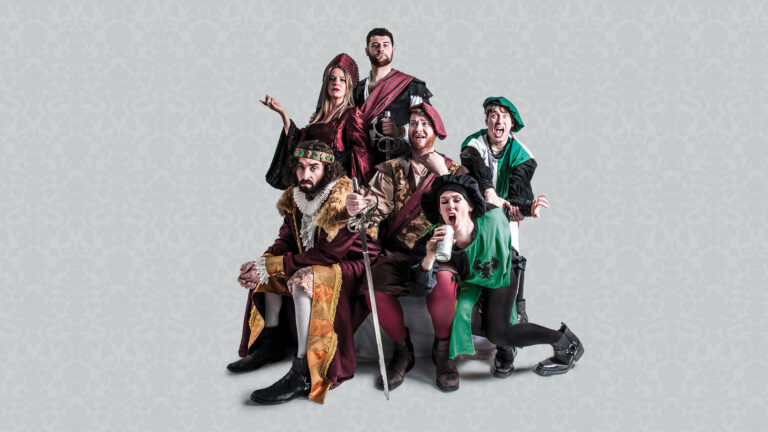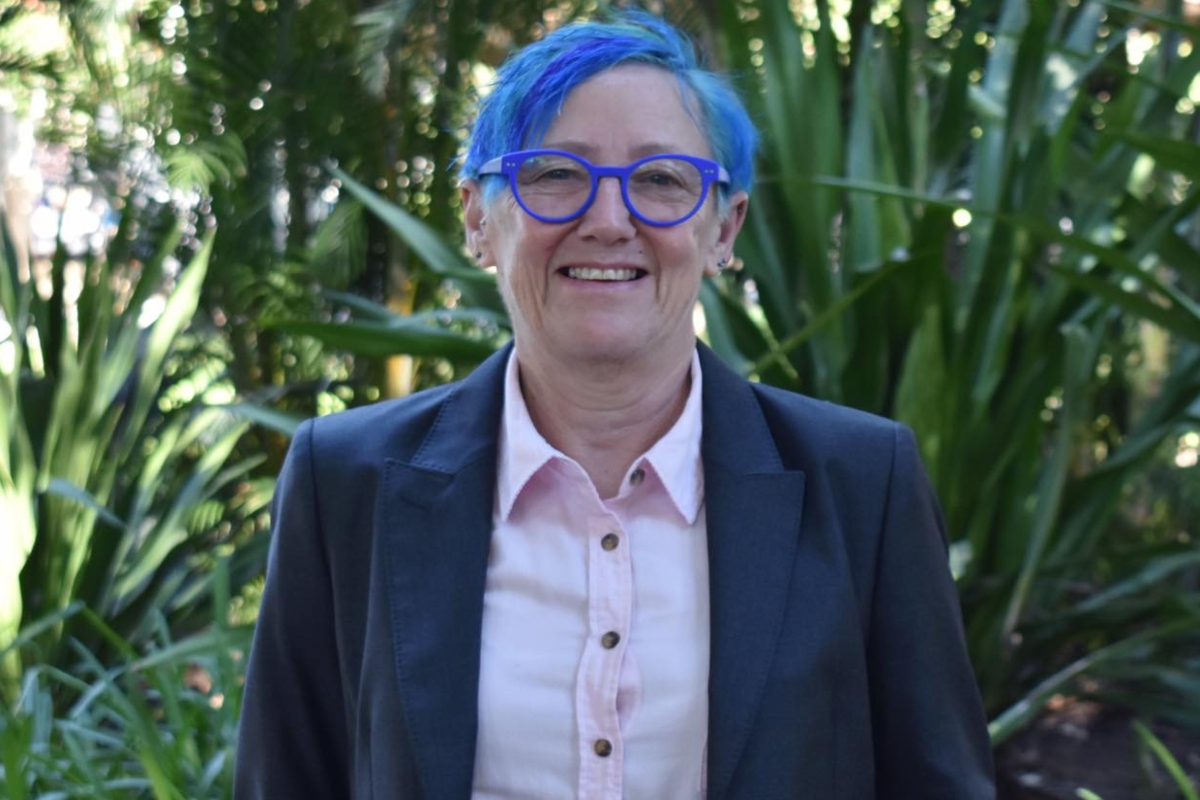By ROBBIE MASON
Sydney’s Inner West Council has announced the launch of a Music and Arts Recovery Plan, aiming to inject new life into the region’s local creative industries.
Endorsed by the council at its last meeting in May, the plan takes on board advice provided by arts advocates at the Inner West Arts Summit in June last year.
Responding to an ongoing squeeze on available performance, exhibition, and studio space in the inner west, the plan opens up under-utilised town halls as low-cost, customisable spaces for live music and arts events.
Greens Councillor Liz Atkins stated that artists are “competing with industry for ever-reducing industrial space in the Inner West” amid inner-city re-zoning.
Cultivating Artistry
The Music and Arts Recovery Plan engages early career creatives through residencies and a street art project and supports Aboriginal and Torres Strait Islander involvement in the arts. The plan involves the creation of an Aboriginal Walking Trail and collaboration with Boomalli Arts Cooperative to provide mentorship for two Indigenous arts workers
Inner West Councillor Chloe Smith said: “We want all artists to know that their work is deeply valued and respected by Inner West Council, and for young people in particular to view the arts as a viable career pathway.”
Financial support is another key tenant. $20,000 in funding comes through the Inner West Live Music Activation program, and the plan introduces a new film category in the 2023 Young Creatives Awards.
“The Inner West is the beating heart of live music and arts in Sydney,” Smith said, “and we are determined to keep it that way.”
Local musicians have welcomed the plan. Performer and producer Laura Hart (stage name: Big Rod) says the initiatives will help develop the inner west’s reputation as a melting pot for creative expression.
“The arts scene in the inner west is truly unique – the vibrancy, diversity and talent here is a huge part of why I am proud to call this place my home,” said Hart.
Listening To The Community
While cultural policy can often fall into the trap of inadvertently privileging organisations with more manpower, resources, and specialist knowledge during community consultation, Cr Atkins dispelled concerns.
At a recent town hall open day in Petersham, designed to foster community feedback, “creatives turned up – not just big organisations but more smaller type organisation and individuals”, mirroring attendance at the “fabulous” arts forum in June last year.
The plan is “pretty reasonable”, Cr Atkins said, “but I think it could go a little further.”
According to Atkins, feedback at the Arts Summit centered on two key areas: creative spaces and liveable income for artists.
“Obviously council can’t provide a liveable income for artists but I’m strong on wanting to do advocacy on what that could look like.”
As inspiration, Atkins cites overseas examples of pilot programs for creative workers, stating: “We’re really talking about a universal basic income for artists.”
In Ireland, a government-run initiative, which began in September last year, has gifted a tax-free unconditional sum of 325 euros per week, or 16,900 per year, to 2000 cultural workers including musicians, writers, actors, dancers and circus artists. Media reports and early anecdotal evidence suggest that the extra income support has had a net positive impact so far.
“The big thing is the council continuing to work with creatives to make sure we don’t just have a plan on paper,” Atkins said.


